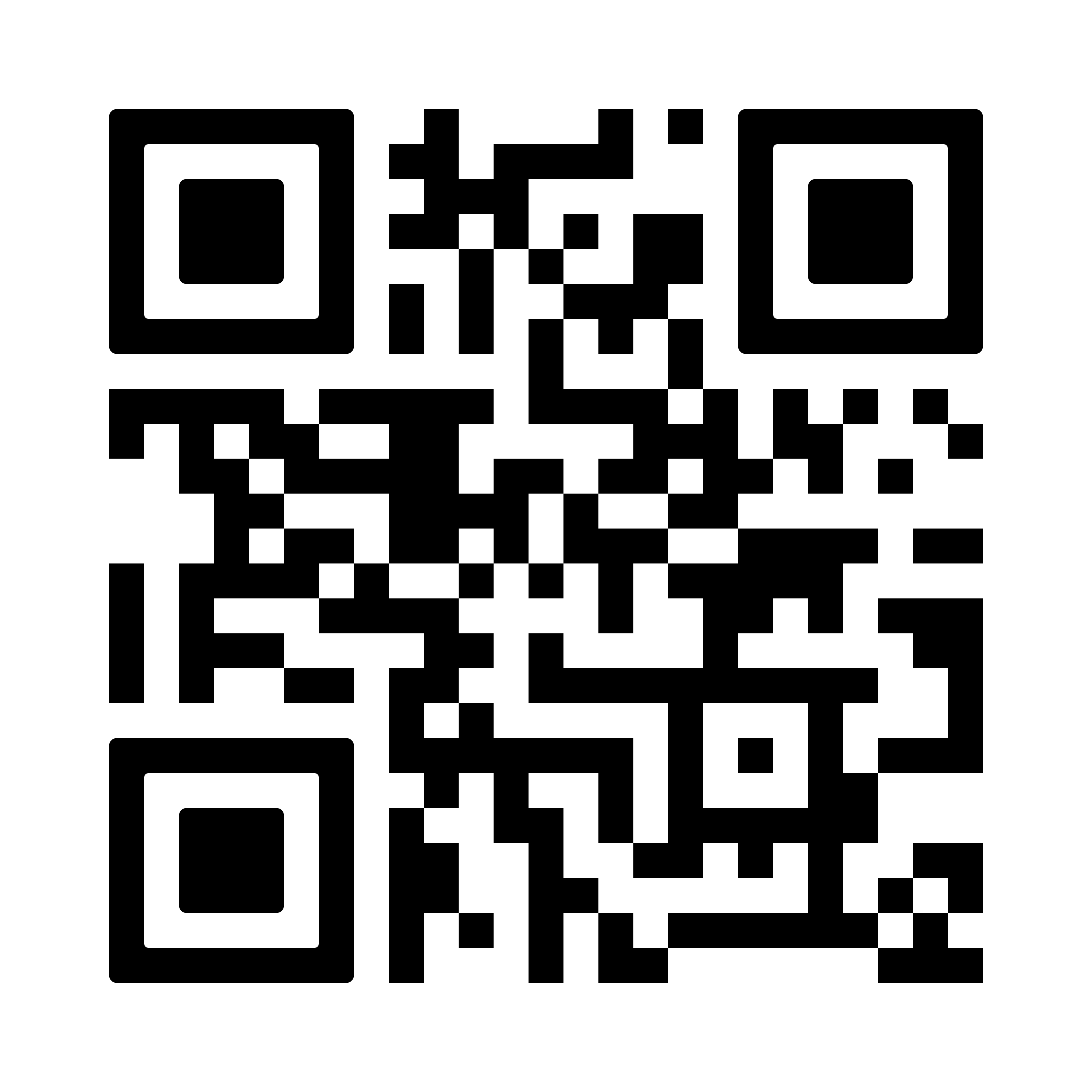Why don't diets work?
Jul 10, 2024
The media and miracle solutions are rampant on social networks, but also among certain members of the medical community. It would just take some self-restraint to lose weight.
However, diets do not work in the long term.
Why?
The illusion of control
Weight and weight loss are areas where there are many false beliefs.
These false beliefs are often perpetuated by society, education, the media, but also by some members of the medical community.
Understanding the psychological, emotional, and behavioral springs of a conflicted relationship with food requires specific training and is still too rare.
Everything pushes us to think that losing weight is only a matter of willpower. “Just a bit of willpower.” “It’s time to get moving,” “Make an effort.”
It would just take a diet, that is, to be in caloric restriction to lose weight.
So, yes, a diet can “work” in the short term.
By mistreating oneself.
By creating frustration in a body that is already unloved.
But, in the long term, pure caloric restriction is a source of failure.
All studies show this.
80% of those who have followed a weight loss diet regain weight after 1 year. And, after 3 years in 95% of cases 😵.
Worse, it would increase the risks to our physical health, cause us to regain weight (even a bit more each time), but also impact our mental health, further damaging our self-esteem and self-confidence while also further deteriorating our perception of our body image.
The vicious circle of restriction
We will talk here about the infernal trio: the infernal trio, restriction, compulsions, compensation.
It is likely that, if you are here today, it is because you have alternated between these different phases several times.
The first phase is restriction. This is the moment when you start a diet, when you count each of your calories or decide to eliminate certain foods from your diet (like carbohydrates, for example).
Restriction phase
During this phase, you feel a sense of control, you limit your caloric intake, you lose weight, you see it on the scale, and those around you even remark on it. It feeds your ego, as well as a sense of omnipotence, which often leads you to believe that you have finally emerged from your conflicted relationship with food.
Compulsion phase
In this phase, compulsions become impossible to control. You feel completely overwhelmed by your behaviors.
You eat without being hungry, and you can no longer control what you do.
Your body reacts to restriction and frustration by trying to fill itself up, fearing that it will be restricted again.
Compensation phase
After the compulsion comes guilt!
How then does a negative, even abusive, inner dialogue emerge? “You are really useless,” “you won’t make it”...
What do you think the next step is?
The restriction to try to compensate for this compulsion: “It’s decided, tomorrow, I will only eat fruits.”
You punish yourself, and the infernal trio starts moving again.
It’s an endless vicious circle.
Changing approach
Coming out of restriction does not necessarily mean that one no longer wants to lose weight or that one must resign oneself.
It means accepting to change methods.
It is above all about putting yourself at the heart of the process rather than just your body. It is taking into account what is happening in your head, with kindness and empathy.
It is taking care of your mental health before dealing with the numbers on the scale.
It is exploring your relationship with food by trying to understand what is at stake behind nutrition; becoming aware is the first step towards calm.
It is about filling our mind and body with a new conscious connection, perhaps calmer, less stressed, less anxious about the act of eating, cooking, and the social interactions related to food that punctuate our daily lives.



